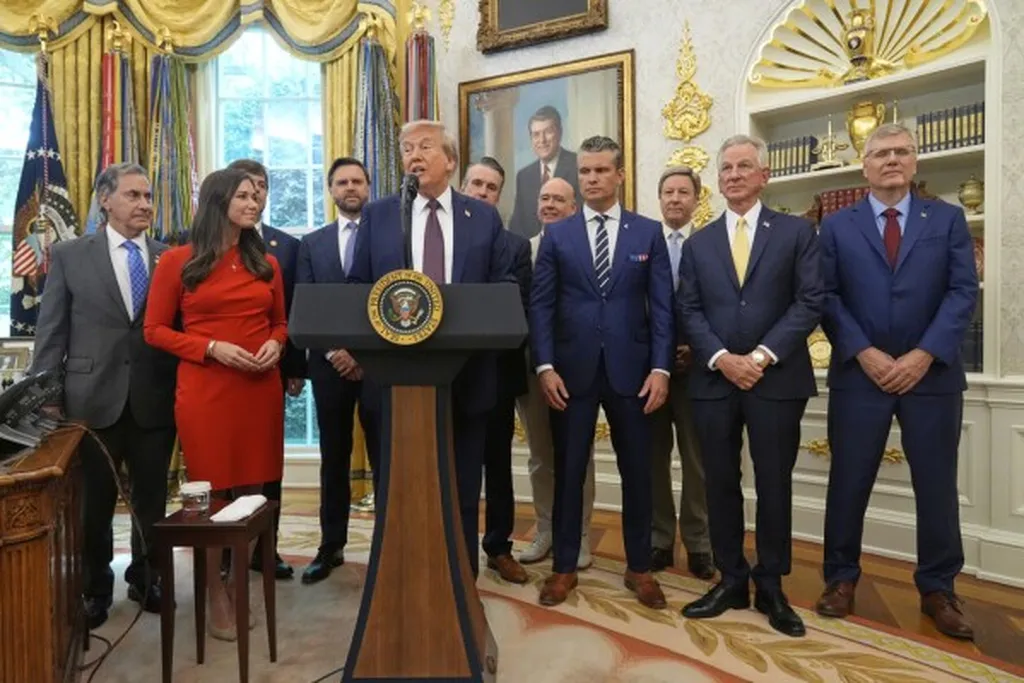In a groundbreaking study, researchers Oscar Calvo-González, Axel Eizmendi, and Germán Reyes have delved into the evolving priorities of political leaders over the past two centuries. By leveraging natural-language-processing algorithms on a comprehensive dataset of over 900 presidential speeches from ten Latin American countries, the researchers have uncovered significant trends in how presidential policy priorities have shifted from 1819 to 2022.
The study reveals that presidential speeches can be distilled into a compact set of policy issues, which have undergone slow but substantial changes over time. Initially, the focus of presidential attention was heavily centered on military interventions and the development of state capacity. This emphasis reflects the turbulent political landscapes and the need for strong centralized authority during the early years of these nations.
As the centuries progressed, the focus of presidential speeches gradually shifted towards building physical capital. This shift is evident in the increased attention given to investments in infrastructure and public services. The researchers note that this period marked a pivotal change in policy priorities, as governments sought to modernize and develop their economies through tangible, large-scale projects.
In more recent decades, the study finds that presidential attention has turned towards building human capital. This shift is characterized by a growing emphasis on investments in education, health, and social safety nets. The researchers attribute this change to a broader recognition of the importance of human development in fostering sustainable economic growth and social stability.
The study also explores how individual characteristics of presidents, such as age and gender, influence the main policy issues addressed in their speeches. The findings suggest that these personal attributes play a significant role in shaping the political agenda. For instance, younger presidents may be more inclined to focus on innovative policies, while gender differences can also lead to variations in policy emphasis.
This research offers novel insights into the dynamics of presidential attention and the factors that shape it. By analyzing the language used in presidential speeches over two centuries, the study provides a unique perspective on how political priorities have evolved in response to changing societal needs and challenges.
The findings have important implications for understanding political agenda-setting and the role of leadership in driving policy change. As governments continue to navigate complex economic, social, and political landscapes, the insights from this study can inform strategies for effective policy prioritization and implementation. Ultimately, the research underscores the importance of adaptability and responsiveness in political leadership, highlighting the need for policies that address both immediate and long-term societal needs. Read the original research paper here.

